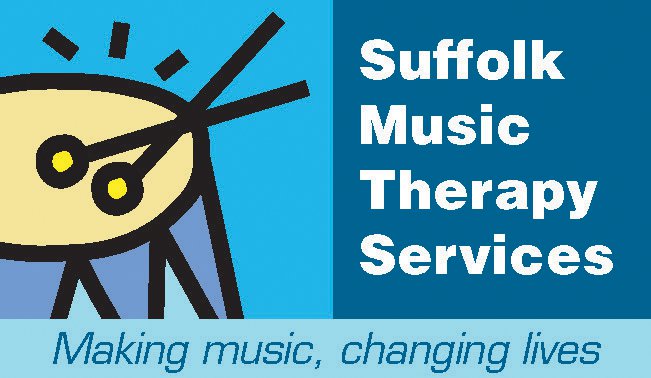What is Music Therapy
Music is all around us. Music forms our heritage, culture, identity and spiritual beliefs. We have music played at football matches, shopping centres, churches and on the television. Music is a powerful medium which can affect us all deeply. Music can affect our mood. It may help us to relax when we have had a long day at work or school.
Alternatively, music can stimulate and motivate us when we are at the gym or at a party. Music Therapy is based on the understanding that everyone of us is musical - we are all able to respond to music, no matter what our age, impairment or psychological situation. Music therapists are trained to work with children and adults and can work with individuals and small groups. We work with individuals with a range of needs. These may include:
- Aquired disabilities (e.g. stroke, brain injury, etc.)
- Autism
- Behavioural support
- Bereavement
- Communication difficulties
- Developmental impairment
- Dementia
- Depression and low mood
- Anxiety
- Dyslexia
- Educational support
- Emotional and behavioural support
- Learning disabilities
- Life-limiting illness
- Neurological impairment
- Post adoption work
- Post Traumatic Stress Disorder (PTSD)
- Selective Mutism
- Speech and language disorders
 link to watch a video we have made for the BBC to introduce Music Therapy to parents.
link to watch a video we have made for the BBC to introduce Music Therapy to parents.How Does Music Therapy Help?
- Music therapy provides a means of communication and self-expression , when words are either not an option or are inadequate.
- Music Therapy may lead to increased interaction and concentration for individuals with communication difficulties.
- Music Therapy can raise self-esteem, confidence and dignity, because there can be a real sense of achievement in making music.
- It gives control and choice for people who have very little or no control over other aspects of their lives.
- Music Therapy can help to lower anxiety levels and encourage improvement in coordination skills because music can be a great motivator.
- Music Therapy adds a spiritual dimension and can help to give people's lives meaning and purpose.
- Music Therapy can provide psychological and emotional support for individuals experiencing difficult life situations (e.g. bereavement, family breakdown, depression, etc).
- It can simply bring fun and enjoyment to people who may not be able to participate in other activities.
- Music Therapy may help to contribute toward the health and wellbeing of the 'community' and individuals within.
